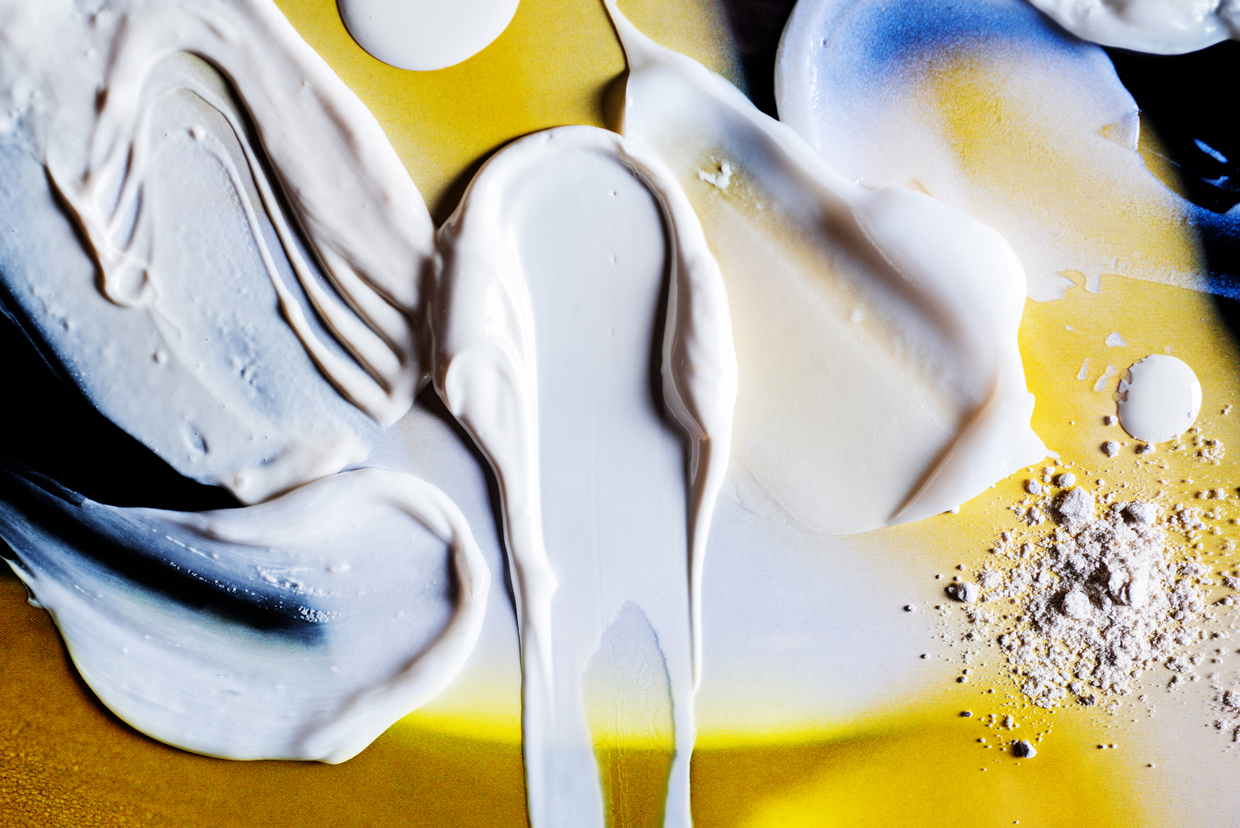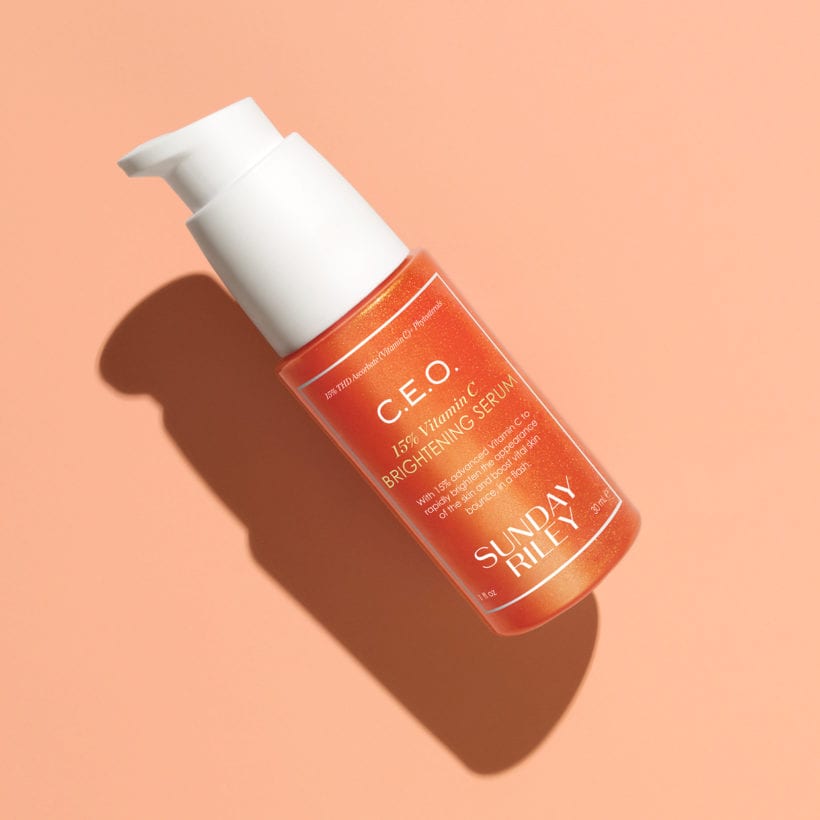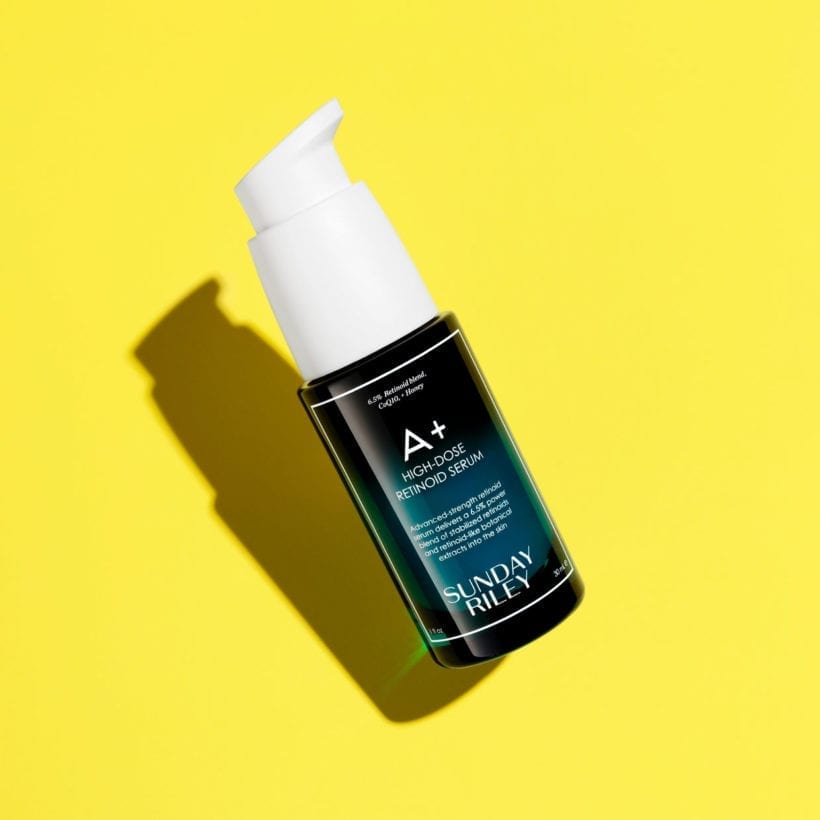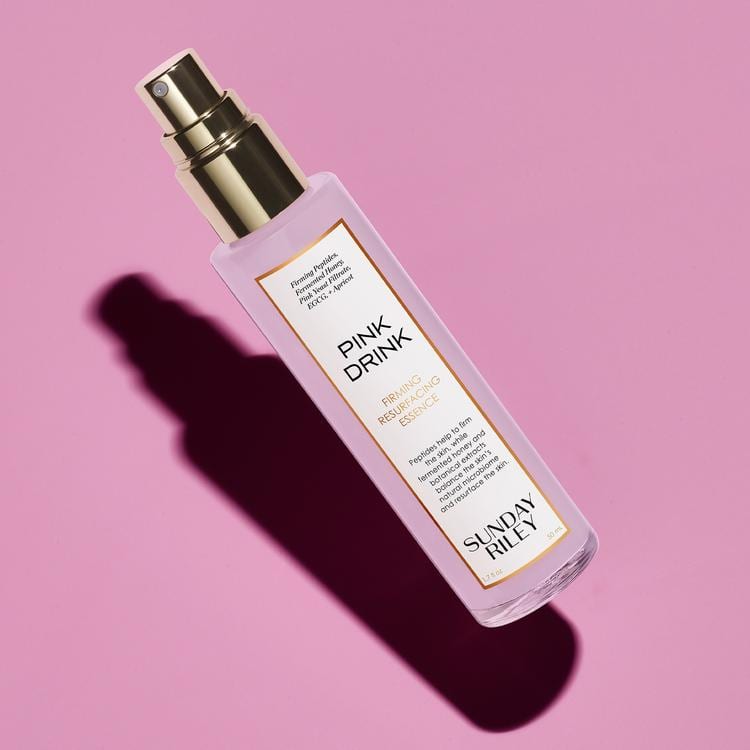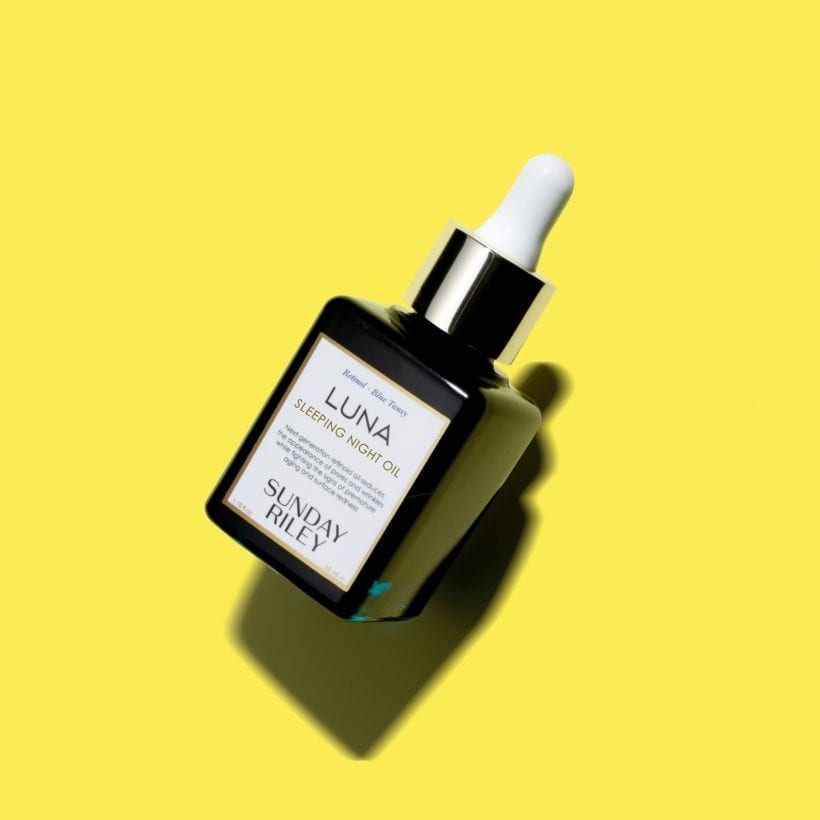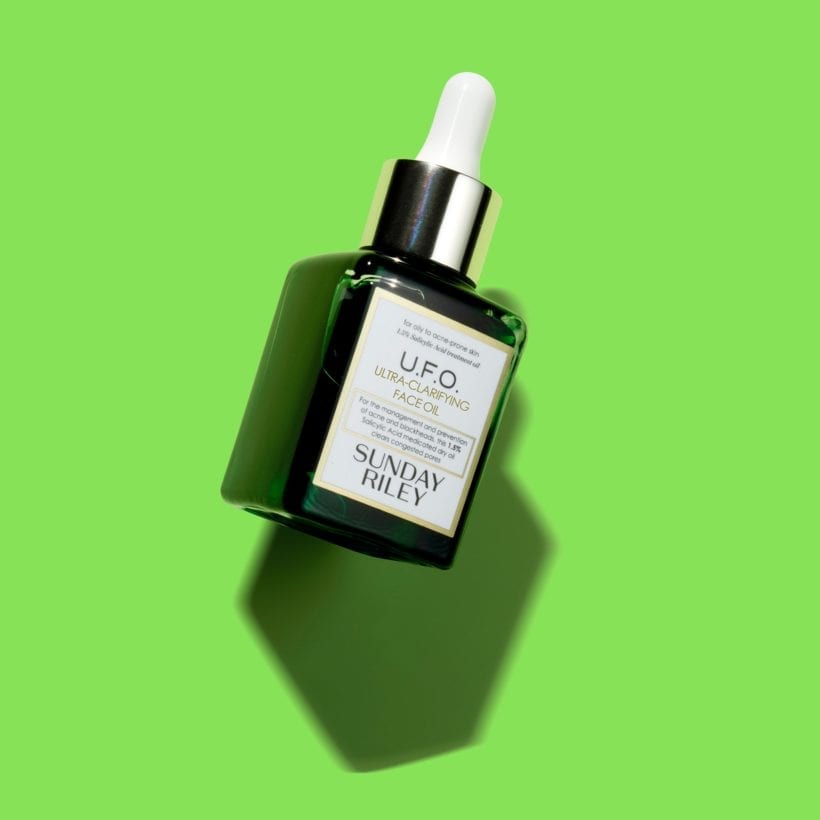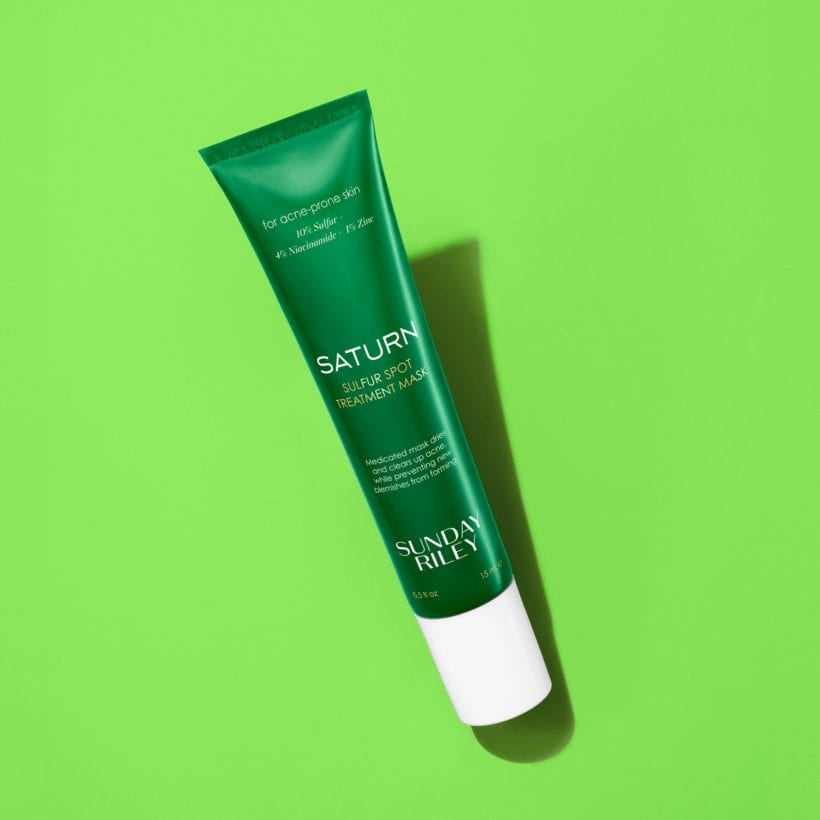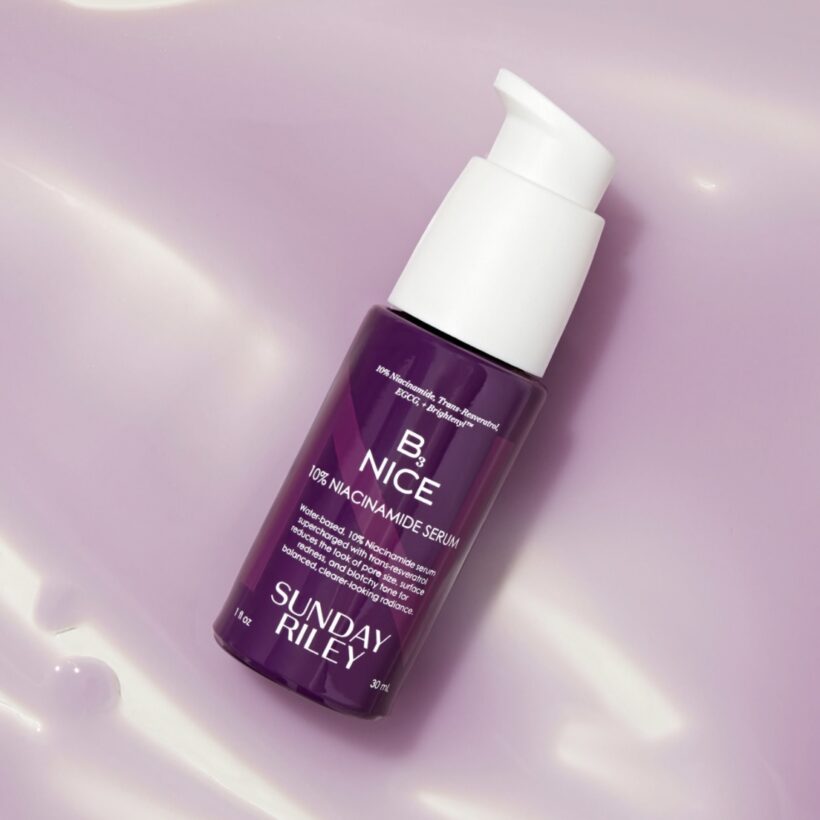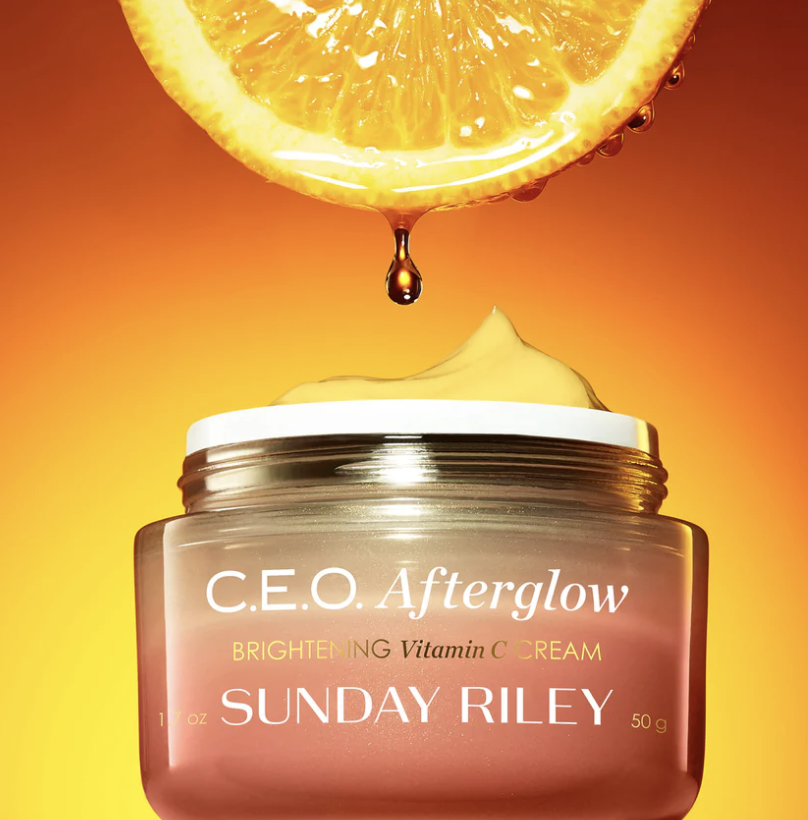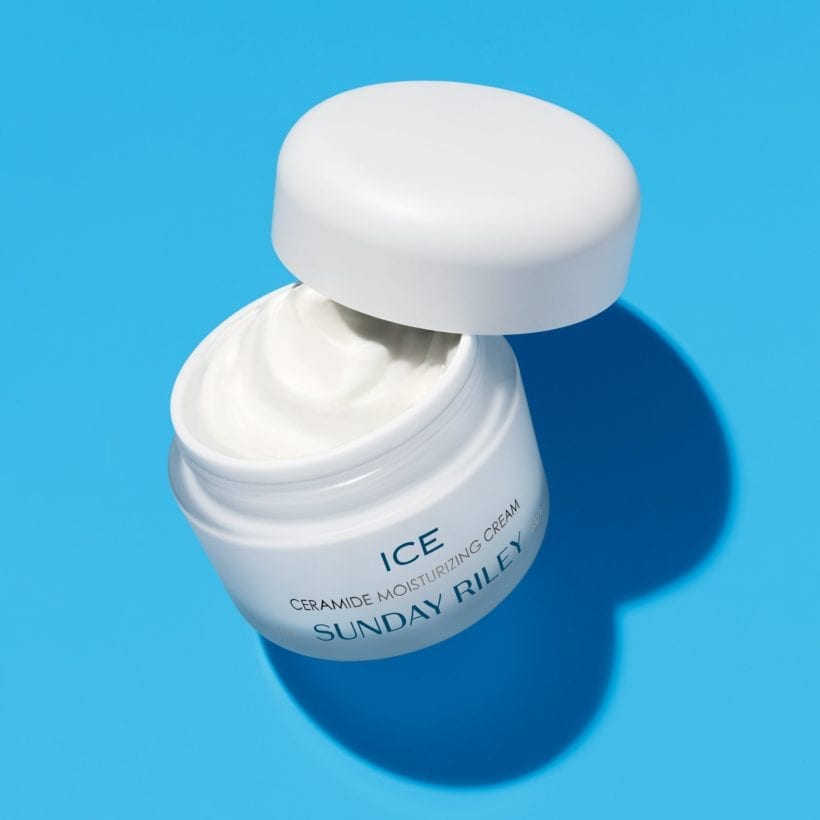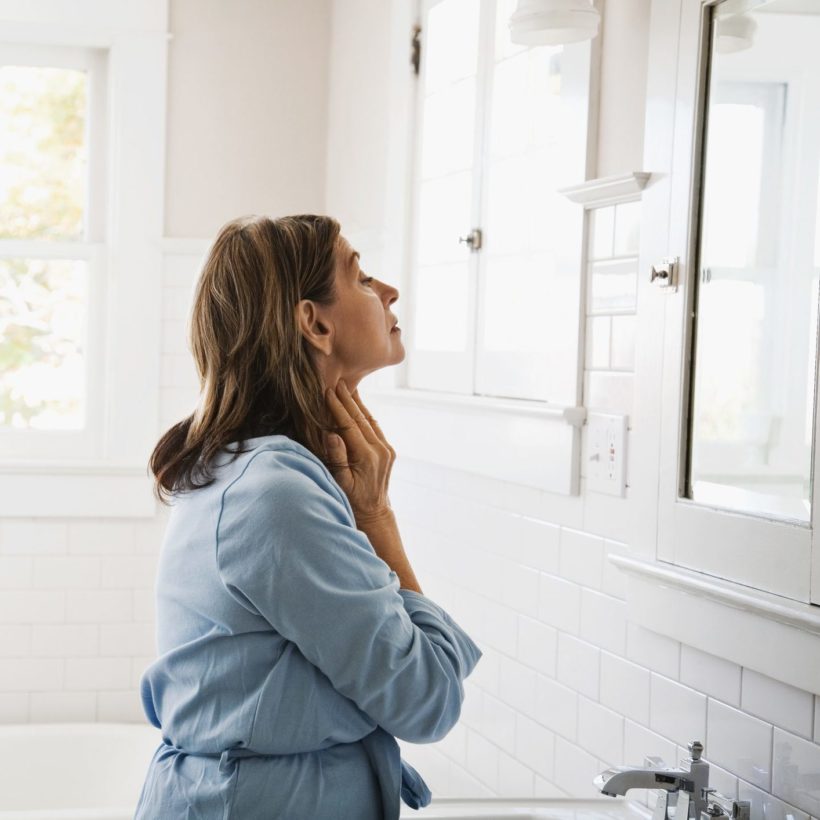When it comes to preventing the signs of aging, some ingredients work well together, while others are a recipe for disaster.
These days, it seems like everyone is taking matters into their own hands and mixing and concocting what they think is the best concoction for their skin. But truth be told, if you aren’t a chemist or a dermatologist and don’t know what works well, you may be doing more harm than good. For example, it is not a good idea for users to combine certain ingredients. Specific actives are not compatible, and can dilute one another’s effectiveness, or cause a negative reaction to the skin in the form of redness, swelling, etc. Plus, several ingredients are to be worn at specific times of the day to maximize their protective or regenerating benefits, like retinol in the evening, along with avoidance of sun exposure.

Leave the ingredient mixing to the experts who can advise what to pair together for maximum results. We went so far as to hand-select the best products with a one-two punch to take the guesswork out of it.
Meet the Experts
Sunday Riley , CEO, founder and product formulator
Dr. Debra Jaliman , a board-certified dermatologist and Assistant Professor of Dermatology Icahn School of Medicine at Mount Sinai
THE COMBO: Vitamin C + Sunscreen
WHY IT’S GOOD:
Sunscreen is necessary to obtain healthy skin, and vitamin C is one of the most popular and accessible skin brightening agents. “Layering Vitamin C under your sunscreen amplifies protection against the sun’s harmful rays, offering a powerful shield that not only deflects UV damage but also neutralizes the free radicals that sneak past, ensuring your skin remains radiant and resilient,” says Sunday. “I am a big, big believer in vitamin C, both applying it topically and taking it internally. We don’t produce vitamin C on our own, so definitely eat a vitamin C rich diet if you want to have beautiful skin. And I like to apply it topically with a really high dose vitamin C serum. C.E.O. Brightening serum is a 15% vitamin C serum when it comes to formulated with vitamin C, it’s all about the stability of the ingredient. Because not all Vitamin C’s are created equally well. L-ascorbic acid is the most researched form of vitamin C, but unfortunately when you get it into a serum that can oxidize and turn brown. So for that reason, I chose to not use that ingredient. I like to use a form of vitamin C that’s a derivative called Tetrahexyldecyl Ascorbate. Now it’s kind of a mouthful, so I just call it THD Ascorbate as it’s a little bit easier to say. And if you look at C.E.O. serum, it’s actually Snow White. You don’t see any of that brown discoloration. Once you apply THD Ascorbate to the skin, it has an enzymatic reaction with the skin and turns into acid. So it actually goes into the skin a little bit deeper, a little bit easier. In order to balance C.E.O. 15% vitamin C serum, we also use Phytosterols Complex to go in and soothe the appearance of skin sensitivity and calm the appearance of the overall look of the skin. Isolated from soybeans and containing at least 40% β-sitosterol, these concentrated phytosterols help reduce the look of redness due to skin sensitivity.’
“Vitamin C also helps to even out skin color and improve any discoloration,” says Dr. Debra Jaliman, a board-certified dermatologist and Assistant Professor of Dermatology Icahn School of Medicine at Mount Sinai. So, it’s a given that if you want to limit the signs of aging and discoloration, you need to wear SPF daily.
GET IT IN: Sunday Riley C.E.O. 15% Vitamin C Brightening Serum, #1 Brightening specialist in the US.
‘You could use it in the morning or in the evening. It is just universally adaptive. I apply it to my fingertips, massage them together to warm them up, then apply it all the way around my face and to my neck and to my upper chest every single day and has very high dose vitamin C that’s incredibly stable and really great for the overall look and appearance of your skin,’ says Sunday. ‘Because when I wake up in the morning, I want to glow like a disco ball, I just want to be radiant, glowy, dewy,’ says Sunday.
THE COMBO: Peptides + Retinol
WHY IT’S GOOD:
Retinol is a long-standing skincare must-have. It’s one ingredient that seemingly does it all —reduces the appearance of fine lines and wrinkles, controls acne, bumps up collagen production, lightens discoloration, and smooths out uneven, rough skin. ‘Retinol is celebrated for its ability to enhance the skin’s renewal process, promoting increased cell turnover at the surface level, which reveals fresh, new skin. This action results in a host of rejuvenating effects, including tightening pores, minimized fine lines and wrinkles, and a more even skin tone. Coupling retinol with peptides amplifies these benefits, as peptides stimulate collagen production, essential for firming and toning the skin,’ explains Sunday. For optimal results, incorporate a spritz of Pink Drink Firming mist before applying your favorite Sunday Riley retinol product at night. This routine ensures that you awaken to skin that’s not only glowing and radiant but visibly firmer.
GET IT IN: Sunday Riley A+ High-Dose Retinoid Serum, Sunday Riley Pink Drink Firming Resurfacing Essence
‘Ease your way into using a retinoid serum like A+, which is really strong. You can start off by using it two nights on, two nights off, and then work your way up to every other night. And if you have sensitive skin, put the oil on first and then put A+ on top of it. And that’ll actually slow down the rate of infusion into your skin, so you’ll have a gentler experience with it. If you’re used to using retinoids, just apply it straight. In the morning, use Good Genes All-in-One Lactic Acid treatment. Because you do need an alpha hydroxy acid. You really help get rid of the retinization so you’re not going to have flaking. And then the hydrating oil is also going to really go in and deeply hydrate the skin, so your skin will be glowing and radiant without that downtime. Luna is a hydrating, very gentle retinoid oil. It’s very famous as our blue oil, and so part of the blue comes from German camomile and blue tansy,’ explains Sunday.
THE COMBO: Salicylic acid + Niacinamide
WHY IT’S GOOD:
Acne-prone skin will appreciate the blemish-busting powers of salicylic acid, a pore unclogging acid, and niacinamide, a skin brightener that Dr. Jaliman says helps to even out skin color. “These two ingredients are a perfect match,” she says, adding that oily skin that’s uneven in color tends to do well with these ingredients. ‘Salicylic is oil-soluble, so it dissolves the oily build-up deep within the pore. It can be very drying as well, but that’s why I like U.F.O., Ultra-Clarifying Acne Treatment Face Oil – because it’s salicylic acid but in an emollient base, so it’s not going to strip your skin and you can use it every single day’, explains Sunday. “When you use very active acne treatment products, your skin can get very red and inflamed with flakiness,” says Sunday. That’s why you’ll need niacinamide in your routine.
Not only does this powerhouse ingredient fight signs of aging like dryness and hyperpigmentation, but niacinamide also helps with excess oil production, pore size, and acne. In fact, treating acne is what led to the formulation of Sunday Riley B3 Nice 10% Niacinamide Serum. “I created this product for my daughter!” says founder Sunday Riley. “She’s 16 now, but at around 15, she had acne that I couldn’t control with my existing products. She had pretty active acne, hyperpigmentation, oily skin, and enlarged pores.” After prescription antibiotics and retinoids didn’t work to clear her skin, Sunday went back to the drawing board — and her lab. “I was looking for a product that would help reduce oiliness, reduce the look of pore size, and the post-acne marks,” she says. B3Nice Serum is a water-based product and it can be used underneath U.F.O. oil for extra hydration.
GET IT IN: Sunday Riley Ultra-Clarifying Acne Treatment Face Oil, Sunday Riley Saturn Sulfur Spot Treatment Mask, Sunday Riley B3Nice 10% Niacinamide Serum

THE COMBO: Hyaluronic Acid + Retinol
WHY IT’S GOOD:
Retinol repairs and strengthens the skin, but it can be drying, especially to more mature, dehydrated, or sensitive skin. That’s why most dermatologists suggest the ‘sandwiching’ technique, which involves a layer of hyaluronic acid, a water-binding molecule that provides serious hydration, applied before and after retinol. Just know that hyaluronic acid can potentially rev up the potency of other products applied after it, so if you are new to retinol, you can expect some dryness and redness. Better yet, you can also use products with hyaluronic acid to cut down on the irritation factor. The one caveat is application time: only use retinol at night because it does make the skin sensitive to the sun.
‘Everyone really needs to have a retinol in their life. A+ is our high-dose retinoid serum, and Luna is our night retinol oil. They’re both phenomenal. They both use a retinol ester, which is just as effective as retinol, but 90% less irritating. So you get all of the benefits of retinol, but none of the downtime. Retinol is going to help you to regenerate your skin. If you are new to retinol, I recommend you start with Luna. The whole point of alpha hydroxy acids with Good Genes is that it cleans from the top down, so it removes the top surface gunk and brings it down. Retinoids do the opposite. They build beautiful skin from the bottom up. So you can imagine something from the top down and the bottom up. Meet in the middle and you have beautiful, radiant, healthy, glowing skin. This is also great for dark spots and pigmentation, which you’re going to get from sun exposure.’
Luna Sleeping Night Oil is clinically proven to improve skin radiance, fine lines, and smoothness in 4 weeks. After an independent consumer testing panel used Luna Sleeping Night Oil for 4 weeks:
- 96% of women felt their skin looked brighter and more radiant
- 96% of women felt their skin looked healthier and revitalized
- 92% of women felt their skin tone looked more even, calmer, smoother
GET IT IN: Sunday Riley Luna Sleeping Night Oil, Sunday Riley C.E.O. Afterglow Brightening Vitamin C Gel Cream, A+ High-Dose Retinoid Serum
THE COMBO: Niacinamide + Ceramides
WHY IT’S GOOD:
Our skin contains ceramides in the outermost layer, which is why Dr. Jaliman says using a product with ceramides reinforces existing ones. Plus, adding niacinamide to the mix improves skin tone for less discoloration. “Ceramides and niacinamide are soothing, hydrating ingredients that strengthen the skin barrier and promote smoother skin,” says Sunday Riley. “Studies show that niacinamide can increase the production of ceramides,” she adds. Using niacinamide with ceramides is also the secret formula to achieving glass skin since niacinamide shrinks large pores and ceramides provide moisture.
‘Infusing the skin with ceramides kind of resets the clock, takes your skin back to that younger phase when you had more ceramides in your skin. ICE Ceramide Moisturizing Cream really helps to support that natural, healthy moisture barrier and keep the water in your skin as well. So this isn’t just about moisturizing your skin, which is what it’s doing, and it’s really kind of resetting that to the state that your skin was in before, maybe when you were a little bit less stressed, maybe when the weather wasn’t so tough, maybe three years back,’ says Sunday.
GET IT IN: Sunday Riley ICE Ceramide Moisturizing Cream, Sunday Riley B3Nice 10% Niacinamide serum
THE COMBO: Retinol + Niacinamide
WHY IT’S GOOD: Unbeknown to many, retinol and niacinamide work well together. “Retinol improves the penetration of niacinamide because the retinol removes dead skin,” says Dr. Jaliman (apply retinol first and then niacinamide when using different products). The pairing can also improve fine lines and wrinkles, making it ideal for sun-damaged, oily, and acne-prone skin with post-inflammatory hyperpigmentation.
‘The combination of retinol and niacinamide is highly effective. Niacinamide strengthens the skin’s barrier and increases hydration by boosting ceramide production. It helps mitigate the potential irritation and dryness from retinol. It also has anti-inflammatory properties that soothe redness and sensitivity. Together, they accelerate cell turnover, improve skin texture and tone, reduce fine lines and wrinkles, and protect against oxidative stress. This duo provides potent anti-aging benefits and a more youthful, radiant complexion,’ says Sunday.
GET IT IN: Sunday Riley 5 Stars Retinoid + Niacinamide Eye Serum,Sunday Riley B3Nice 10% Niacinamide Serum, Sunday Riley A+ High-Dose Retinoid Serum
We only recommend products we have independently researched, tested, and loved. If you purchase a product found through our links, Sunday Edit may earn an affiliate commission.
